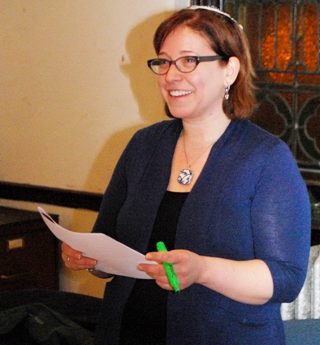
Seeing the Dark in a Different Light: The Power of Our Language to Promote Racial Justice
The Black Lives Matter movement has re-focused my attention on the ways that I participate in the racial injustice that is pervasive in our society and culture. One of those ways is through language—both what I say and what I hear. And especially, the ways that I use “light” and “dark” as metaphors for “good”...
read more









